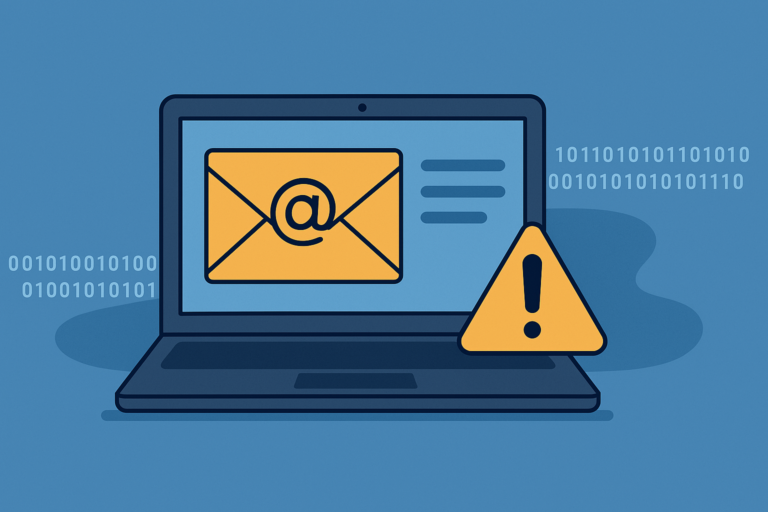An email address might seem like a harmless piece of information to share. It’s just a string of characters, after all — what’s the risk?
Quite a bit, actually.
In a time when your inbox is constantly under attack from spam, trackers, and aggressive marketing, using your personal or work email everywhere online is like giving out your home address to strangers. It opens the door to unwanted messages, surveillance, and potential data leaks.
Here are five types of websites where using your real email address is rarely worth the risk — and what you can do instead.
1. Suspicious or Unknown Online Shops
You find a product that looks interesting. The price is great. The site design? Maybe a bit off, but nothing too alarming. Still, you don’t know who’s behind the store — or if it even delivers anything.
Many low-trust eCommerce shops exist solely to collect data, upsell questionable products, or worse — to resell your email address to ad networks or data brokers.
If you just want to browse, request a quote, or test the checkout process, a temporary email address gives you access without opening the floodgates to spam and follow-up emails.
2. “Free Download” or “Access After Signup” Pages
You’ve probably seen them: “Enter your email to get this free eBook, checklist, or resource.” Sometimes the content is useful. Often, it’s just a lead generation trap.
After one download, your inbox might be hit with newsletters, marketing campaigns, and persistent sales follow-ups. In some cases, unsubscribing doesn’t even stop the flow.
Before giving out your real address, ask whether the download is worth weeks of unwanted messages. A one-time-use email can protect your primary inbox from long-term consequences.
3. Online Forums or Communities You’ll Only Use Once
Many forums require you to verify your email before posting — which makes sense for moderation. But if you’re just asking a single question or leaving one comment, there’s no reason to connect it to your real identity.
Some forums have poor data protection practices. Others make their user activity publicly searchable. Either way, tying your real email to a platform you’ll never use again can be a long-term privacy risk.
Disposable email tools, like Trashlify, are ideal in these cases. You get in, do what you need to do, and move on — no strings attached.
4. Beta Tools, New Apps, and Startup Launches
Trying out new digital tools can be fun — and useful. But not all startups take data security seriously. Some don’t encrypt user data properly, others forget to set up GDPR-compliant opt-outs. And when early-stage apps shut down, your data may not go with them.
Even well-meaning platforms can unintentionally leak or misuse email addresses. In fact, a 2022 report by Mozilla Foundation showed that many supposedly privacy-focused products had unclear data-sharing policies.
Until a product earns your trust, there’s no reason to risk inbox exposure. Temporary emails let you explore with minimal friction and zero commitment.
5. Giveaways, Surveys, and Online Sweepstakes
These seem harmless at first. Enter a contest, answer a few questions, and maybe win something — what’s the harm?
The harm often comes later, when your email is added to one or more marketing lists, used for profiling, or even sold to other companies. Giveaways are popular data harvesting tools, and some are outright scams.
Unless you truly want to hear from the organizer long-term, it’s better to keep your primary inbox out of the equation.
Conclusion
Not every website deserves access to your real email address. Some need it, many just want it — and a few will use it irresponsibly.
By being selective and cautious, you can protect your inbox from clutter, your data from misuse, and your attention from unwanted distractions.
The easiest way to take back control? Use a disposable email address when the situation calls for it. You’ll save time, avoid stress, and keep your digital life just a bit more private.

 EN
EN DE
DE FR
FR ES
ES PT
PT